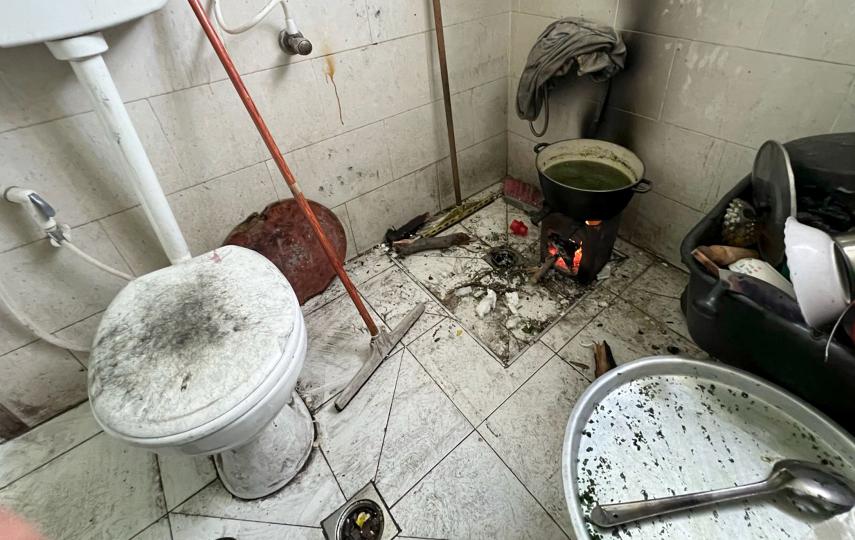LUSAKA
The ongoing repatriation of more than 12,000 Angolan refugees from Zambia is under a double threat: lack of donor funding and a cholera outbreak ravaging their home country.
According to the Geneva-based International Organisation for Migration (IOM) and the UN's refugee agency, UNHCR, in Zambia, a US$5 million shortfall could affect resumption of the repatriation programme, scheduled to start on 25 June.
"We need funds to resume the exercise because we have not received anything since we made an appeal to donors early this year," said Josiah Ogina, the IOM head of mission in Zambia.
The decision to resume repatriation, only taken in January this year, had delayed the sourcing of funds for the programme, and there were fears that the donor-dependant programme might run into 2007. "Donors have told us that they can only consider helping us sometime in June or later part of this year. When we launched our [funding] appeals, they had already budgeted for other issues," Ogina said.
The issue of funding was paramount to the IOM and UNHCR, while the cholera outbreak in Angola, despite having affected most parts of the country, and especially the capital, Luanda, was a problem they might have to deal with later.
"We can't talk about cholera or suspending the exercise, which has not even started. Our main concern now is to look for funds ... so far, we have not received anything, and the donors are our only hope," UNHCR country representative Ahmid Said Farah told IRIN.
The World Health Organisation's (WHO) most recent update noted that "Angola has reported 40,842 cumulative cases and 1,527 deaths in 13 out of 18 provinces" since the declaration of a cholera outbreak in February.
However, the Zambian government said it was waiting for feedback from local and Angolan health authorities on cholera before resuming the repatriation exercise.
Peter Mumba, the permanent secretary in the ministry of the interior, told local media that a number of Angolan refugees had expressed fear over their pending return home because of the reported cholera outbreak. He said the government would wait, and not act unreasonably by sending people home when the environment was unfavourable.
Although cholera was a threat, Ogina noted that returnees would be vaccinated and hygiene measures would be in place to protect them from contracting the disease. A team of cholera experts from Angola is to visit Zambia from 8 to 9 June to brief the Zambian government, IOM and UNHCR on the status of the Angolan outbreak.
According to David Noguera, coordinator of the cholera emergency response by the medical charity, Medecins Sans Frontieres, the "cholera situation has become a lot more quiet - we are down from 500 new cases a day, in Luanda alone, to less than 300 new cases countrywide".
Noruega said a number of factors had contributed to the improved situation: "The end of the rainy season has been important, as well as the fact that people have become increasingly aware of cholera - everyone has lost friends; people get the message now."
Since 2003 an estimated 63,000 Angolan refugees who fled Angola during the civil war, which ended in 2002, have been repatriated from Zambia, leaving 26,000 Angolan refugees in camps and over 22,000 more outside the UNHCR-run settlements.
Mumba warned that Angolan refugees intending to stay in Zambia should brace themselves for tough immigration measures. "All Angolan refugees should take advantage of this assisted repatriation exercise to go back home," he told IRIN. "Those who will remain behind will be subjected to strict immigration rules and must justify their presence in Zambia."
This article was produced by IRIN News while it was part of the United Nations Office for the Coordination of Humanitarian Affairs. Please send queries on copyright or liability to the UN. For more information: https://shop.un.org/rights-permissions




